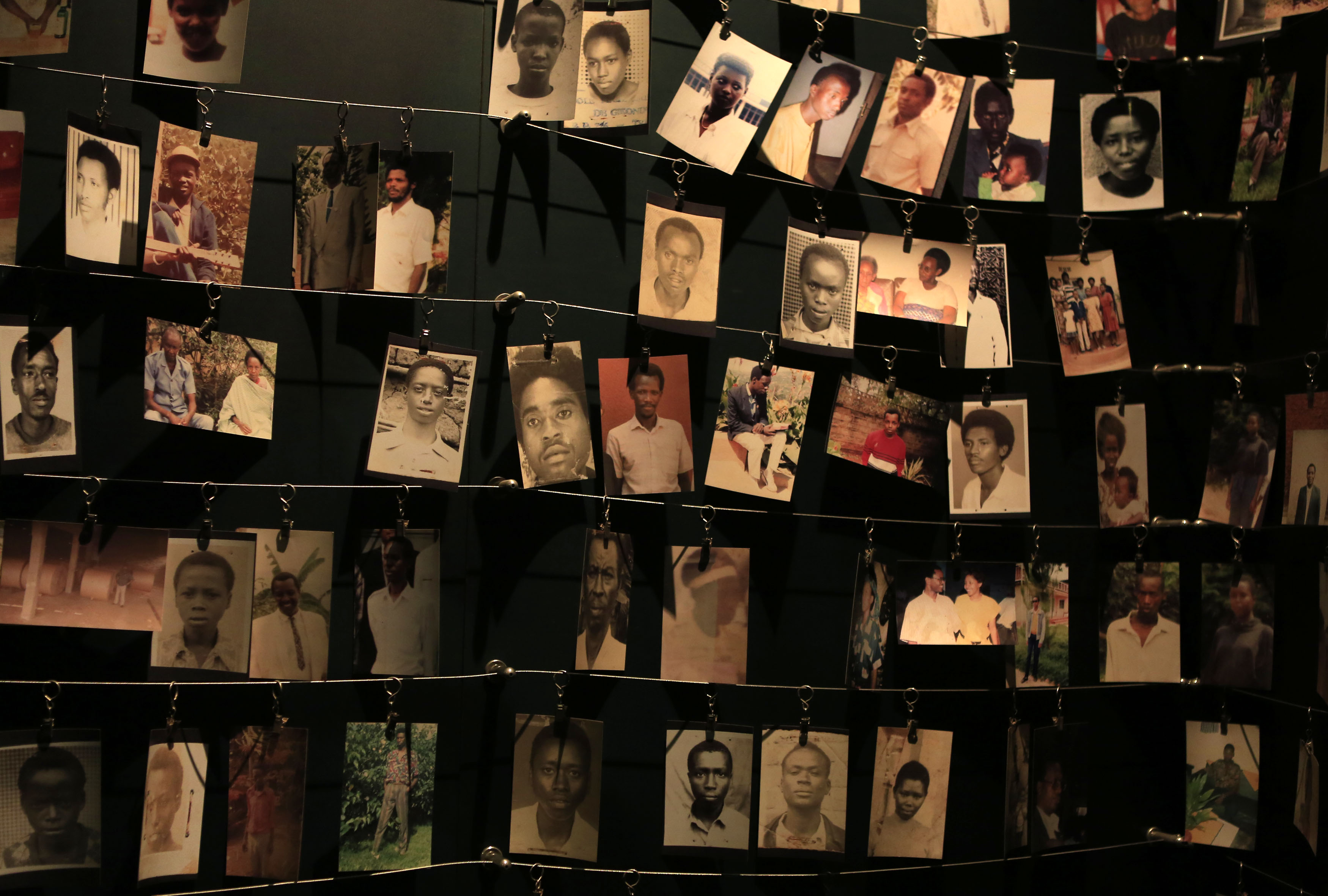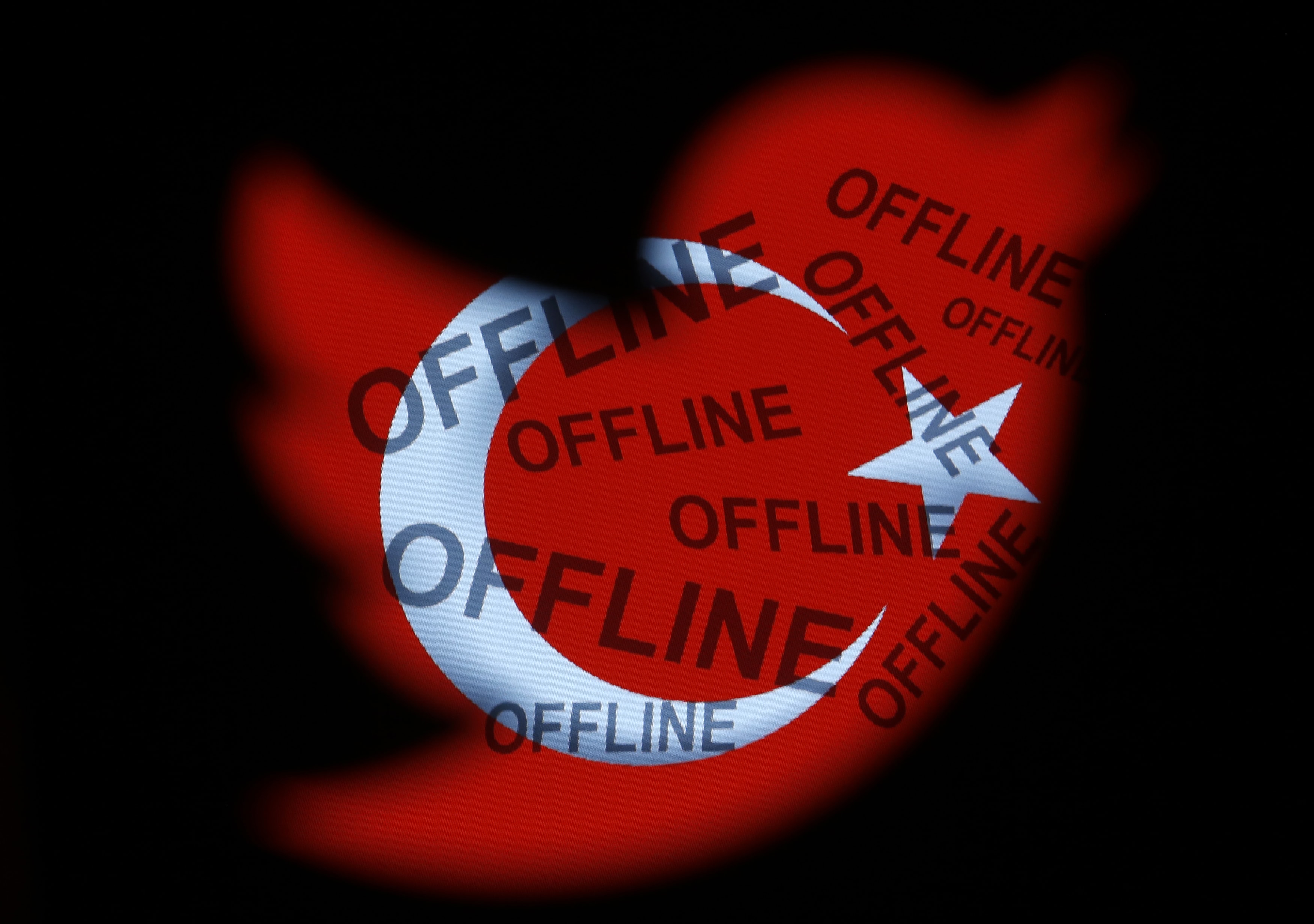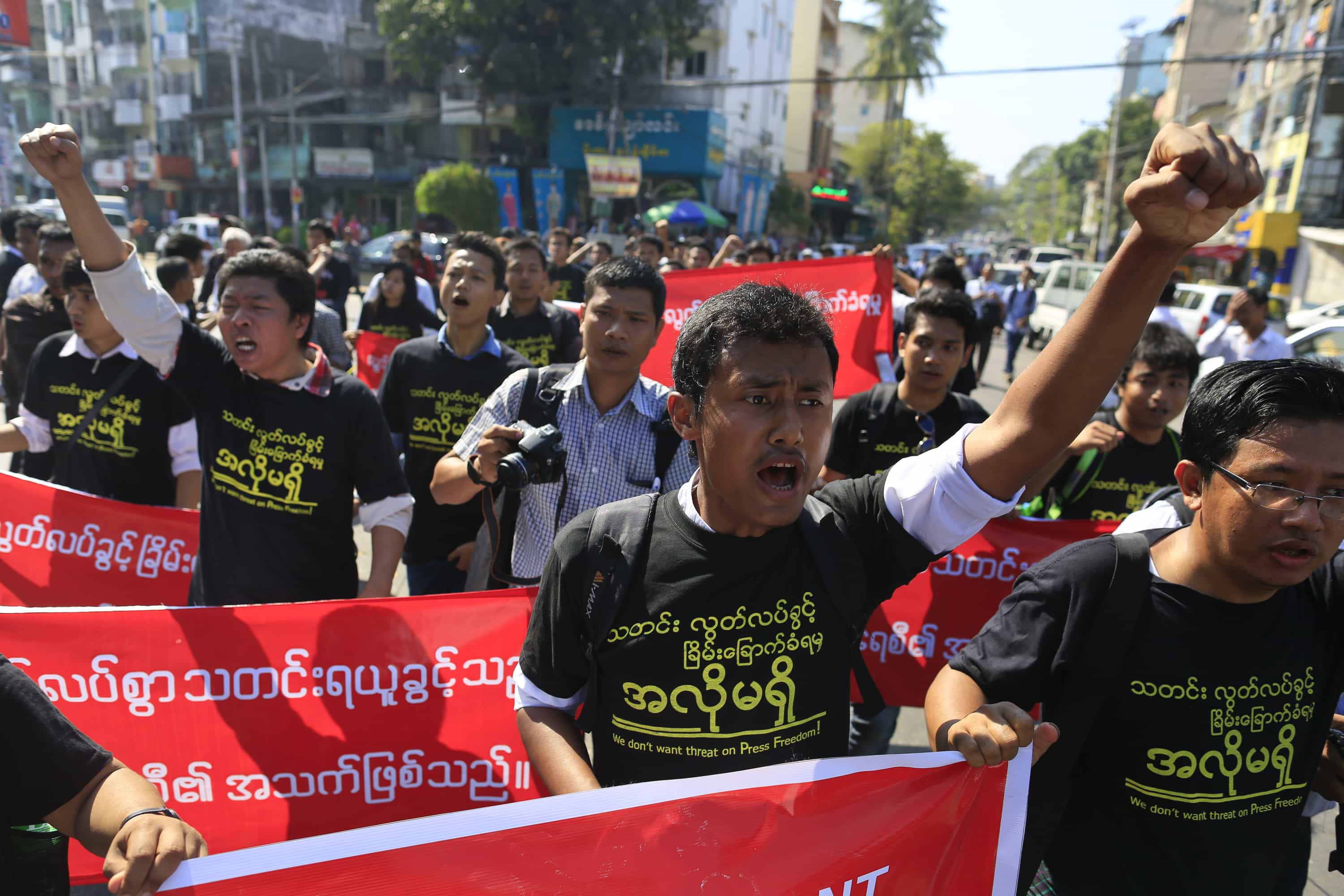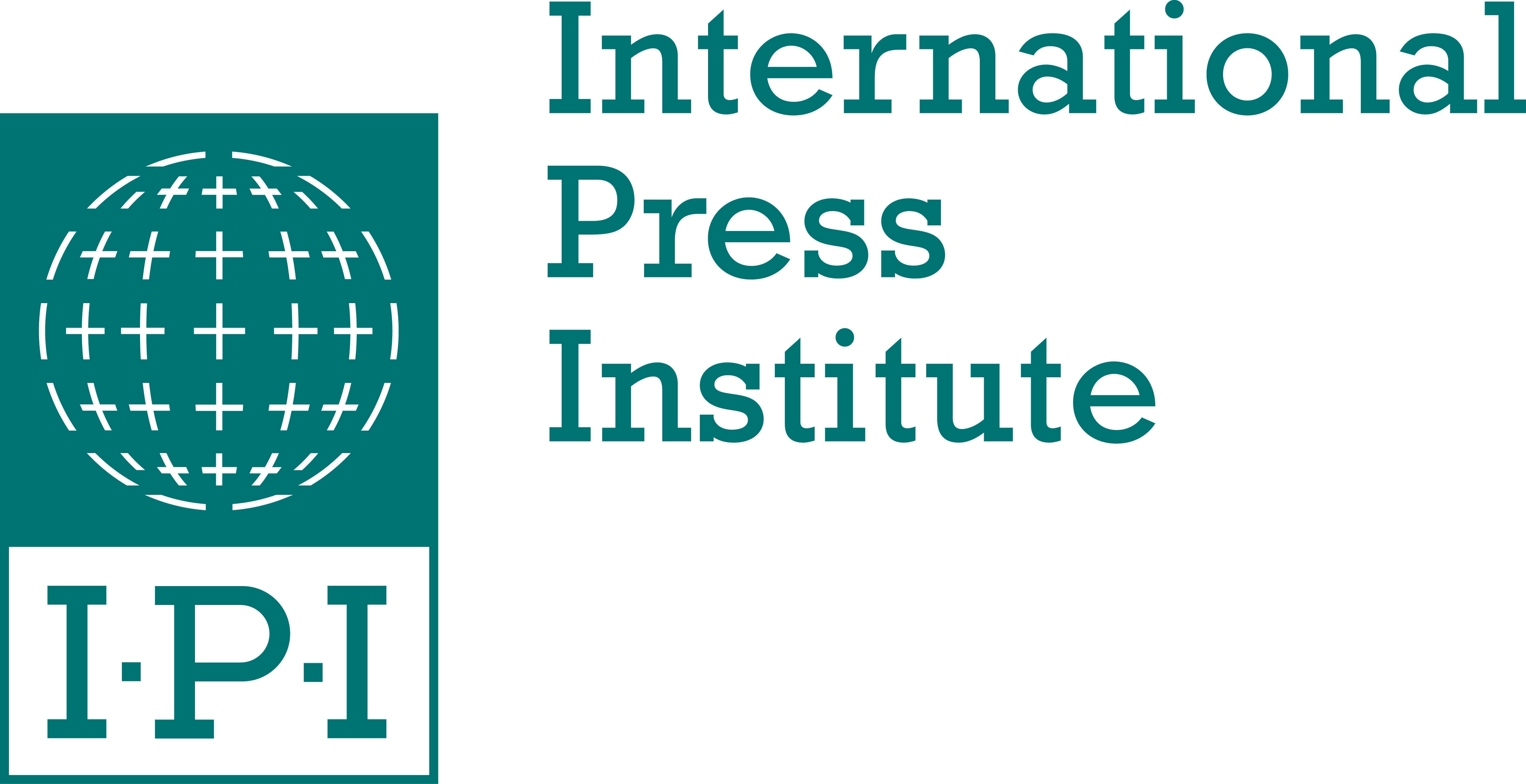Articles by International Press Institute (IPI)

Transnational monitoring project supports journalists in Italy, Southeast Europe
“In most of the countries covered by this project, we constantly have threats or attacks on journalists and we need to see legal changes,” SEEMO Secretary General Oliver Vujovic said.

Reporting on the genocide in Rwanda: Too little, too late
How Western media coverage failed Rwanda and contributed to international indifference and inaction.

Journalists could face 15 years in jail under new British Virgin Islands cybercrime bill
Under the draft cybercrime law, anyone who publishes unlawfully obtained information from a protected computer – defined as one containing data related to national security, international relations and financial services businesses – could face up to 15 years in prison and/or a fine of US$500,000.

Sri Lanka urged to allow access to news websites
The UN Human Rights Council should ensure Sri Lanka’s compliance with fundamental rights said IPI in an open letter to the UN Special Rapporteur on freedom of expression and members of the council.

Turkey shuts down Twitter, court overturns ban five days later
The Twitter shutdown came six weeks after the Turkish Parliament passed a series of amendments to existing Internet legislation, known as Law 5651, that impose alarming restrictions on digital liberties and freedom of expression.

Costa Rican court rules surveillance of journalist is unconstitutional
A Costa Rican court has ruled that government surveillance of a reporter’s phone records was unconstitutional. The ruling was made in the case of Diario Extra journalist, Manuel Estrada, who was targeted by the Judicial Investigation Police after he wrote an article that criticised the agency.

What does the state of media freedom tell us about Burma’s “transition to democracy”?
Three years after Burma embarked on a path toward democracy and away from its history of military rule, assessments of its success vary, especially around media freedom and free expression.

Grenada Parliament amends electronic defamation law
Grenada’s official Government Information Service reported that the House of Representatives voted to amend the Electronic Crimes Act 2013 by withdrawing three sections that various groups had criticised for their potentially harmful effects on press freedom and freedom of expression.
